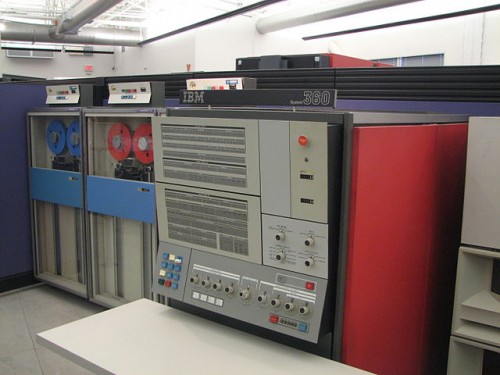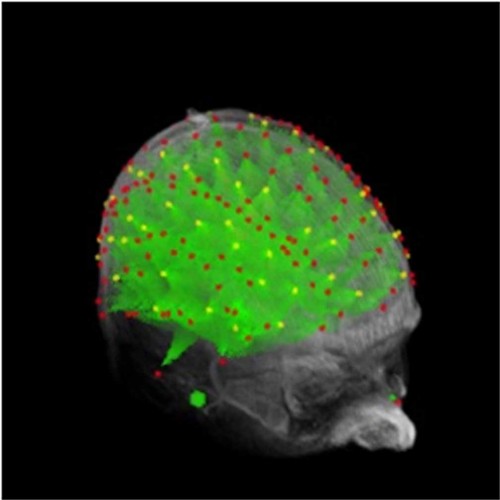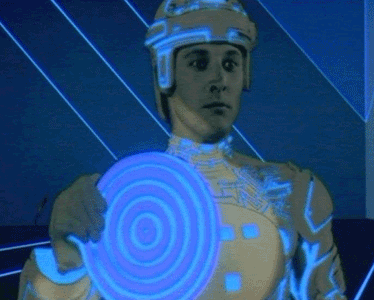
The cognitive linguist George Lakoff wants liberals to stop thinking like enlightenment scholars and start thinking about appeals to the “cognitive unconscious.” He asks that progressives “embrace a deep rationality that can take account of, and advantage of, a mind that is largely unconscious, embodied, emotional, empathetic, metaphorical, and only partially universal. A New Enlightenment would not abandon reason, but rather understand that we are using real reason– embodied reason, reason shaped by our bodies and brains and interactions in the real world, reason incorporation emotion, structured by frames and metaphors anad images and symbols, with conscious though shaped by the vast and invisible realm of neural circuitry not accessible to the conscious.” That quote comes from his 2008 book The Political Mind and –regardless of your political affiliation– it is certainly worth a read. Others appeal to your “embodied reason” all the time and, when they do it right, their conclusions just feel right. This is how, according to Lakoff, Republicans are so good at getting Americans to vote against their interests. Appeal to one’s sense of self-preservation, individuality, and fear of change and you have a voter that is willing to cut their own Medicare funding. I generally agree with Lakoff’s conclusions, but I do not think Republicans are the masters of this art. Internet pirates, the likes of Kim Dotcom, Gottfrid “Anakata” Svartholm, and even Julian Assange, state their cases and appeal directly to our cognitive unconsciouses better than any neocon ever could. more...








